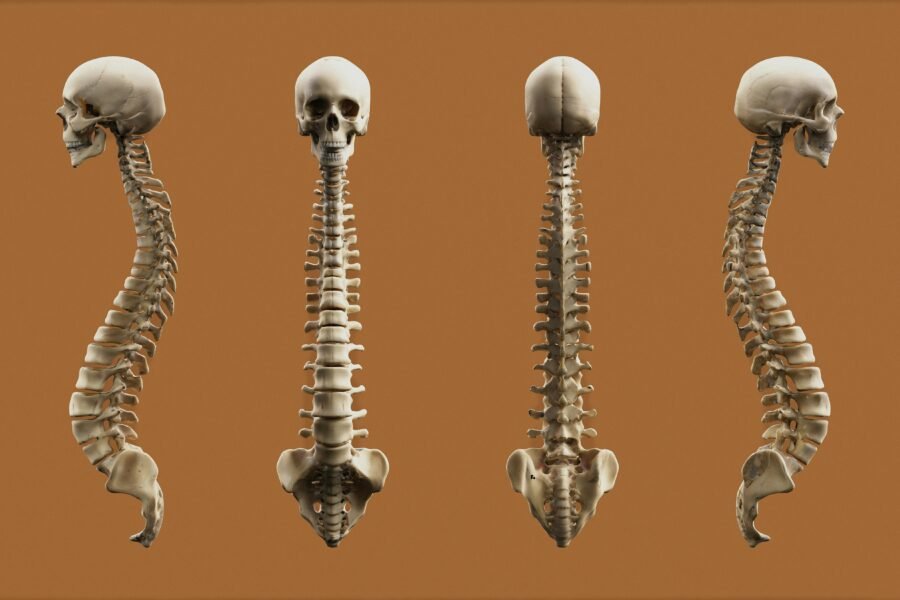While often overlooked by mainstream medicine, the mind, emotions and even our social lives play a very significant role in the maintenance of health and the development of disease. In this article, we will examine in some depth the role that each of these factors play.
Are you interested in a holistic approach to health and nutrition? Read about my programs here.
Before getting into a detailed examination of each of these areas, an initial point is necessary regarding perception. Especially since we are dealing with more subtle emotional factors, it is generally not the absolute experience or event that is important, but the relative personal perception of that event experienced by the person in question. For example two people may experience the same event in their lives, but due to previous experiences, personality type and attitude to life, they may interpret (consciously or unconsciously) this event in a widely different manner. The key factor for determining the impact of this event on that person’s health is in fact their perception, not the event itself (Sharma, 2019). With that in mind, let’s move on to address the various potential influences.
Research on baboons within a social hierarchy showed that those lower in the hierarchy had resting glucocorticoids and blood pressure higher than the dominant baboons and smaller and slower glucocorticoid and cardiovascular responses to real stressors as well as a longer recovery time (Sapolsky, 1994). While we often like to think of ourselves as different to animals, humans are also social beings and we also live within a form of social hierarchy. Therefore it should not be surprising that our social economic status, more specifically our perception of it, has a significant correlation to many health markers. If one feels poor in comparison to those around them, this results in stress. This can come directly from the feeling of being poor, or indirectly through choices made as a result of this perception, for example working longer hours, taking on more difficult work etc. In general, being of a low social economic status leads to feelings of lack of control and unpredictability (Sharma, 2019). In the animal part of our brains, we would correlate this to a dangerous situation and hence stress results. To illustrate the idea of perception being most important, I refer to a study that was carried out on a group of nuns. Despite sharing the same living conditions in the convent, their longevity and disease patterns was correlated with their social economic status before they became nuns. This shows how the perceived social economic status from their youth continued to have an effect on the behaviour and stress response of the nuns even after their circumstances changed.
Our personal history, lived experience and childhood trauma all shape our reactions to stressful situations and thus their effects on our health. If one has a particularly disturbing experience, especially if it occurs within childhood or even when in-utero in the mother’s womb, this will be recorded by the brain’s limbic system, and continue to influence the behaviour of that person throughout their lives. Within the limbic system, the amygdala stores the particularly emotional experiences with the intention of using them to determine if a threat is real or not and reacting accordingly. However, if exposed to excessive stressful events when young, the amygdala will end up with greater receptors for glucocorticoids, more cortisol releasing hormone and fewer receptors for reducing the stress response (Sapolsky, 1994). Furthermore, the hippocampus is designed to provide a context from the bank of memories to moderate the response of the amygdala to future stressful events. However, if there is an excess of traumatic emotional experiences recorded by the amygdala, the hippocampus will have difficult in fulfilling its role optimally (Morison, 2019). This will result in a potentially exaggerated stress response to every day experiences that in reality provide no real threat, a longer recovery time and lead to the person living in the fight/flight/freeze response for a greater proportion of their lives, much like the baboons positioned lower in the social hierarchy from the study mentioned previously. These experiences and traumas will also lead to the development of unconscious emotions which will further affect reactions to stress and events within our lives, especially if not addressed through a form of therapy.
Another influence on health, also thought to be related to early childhood trauma (Ellis, 2008), is ones personality. Various models have been developed over the centuries to categorise people by personality type. One such model is the Enneagram, traced back to ancient times but more recently introduced into Europe by the Russian G.I. Gurdjieff in the early 20th century. This model describes various types and how their behaviour differs when placed under stress or when in a relaxed state. The Enneagram proposes that someone can take on the negative traits of another personality when stressed, and the positive ones of another when relaxed. This illustrates again how much of an impact stress can have on someone – even to the extent of personality traits being exhibited that are not typical of that person were they not stressed (Sharma, 2019). Different types of personality that could be connected to the Chinese Five Elements system may also give an insight into whether the person will default towards fight, flight or freeze stress responses. In other words, different personalities will react to stress differently and unconsciously seek different ways to resolve it, be that through confrontation, retreat into oneself or jealousy and spitefulness (Sharma, 2019).
Are you interested in a holistic approach to health and nutrition? Read about my programs here.
In conclusion, the many experiences we encounter during life and how we react to them, emotionally and mentally, play a huge role in determining our response to stress. This response to stress is directly related to the development of various forms of ill-health such as dehydration, poor blood sugar control, cardiovascular issues and much more. This much under-appreciated element of the maintenance of health and treatment of disease deserves more attention from all forms of health care practitioners.
References
Ellis, Albert, Abrams, Mike, 2008, Personality Theories, Critical Perspectives
Morison, Jacquelyne, 2019, Naturopathy Course Notes, Module 7: Psychosocial, School of Health, Stroud, UK
Sapolsky, Robert, 1994, Why Zebras Don’t Get Ulcers, page 99, 356, WH Freeman, NY, USA
Sharma, Mary, 2019, Naturopathy Course Notes, Module 7: Psychosocial Skills, School of Health, Stroud, UK




